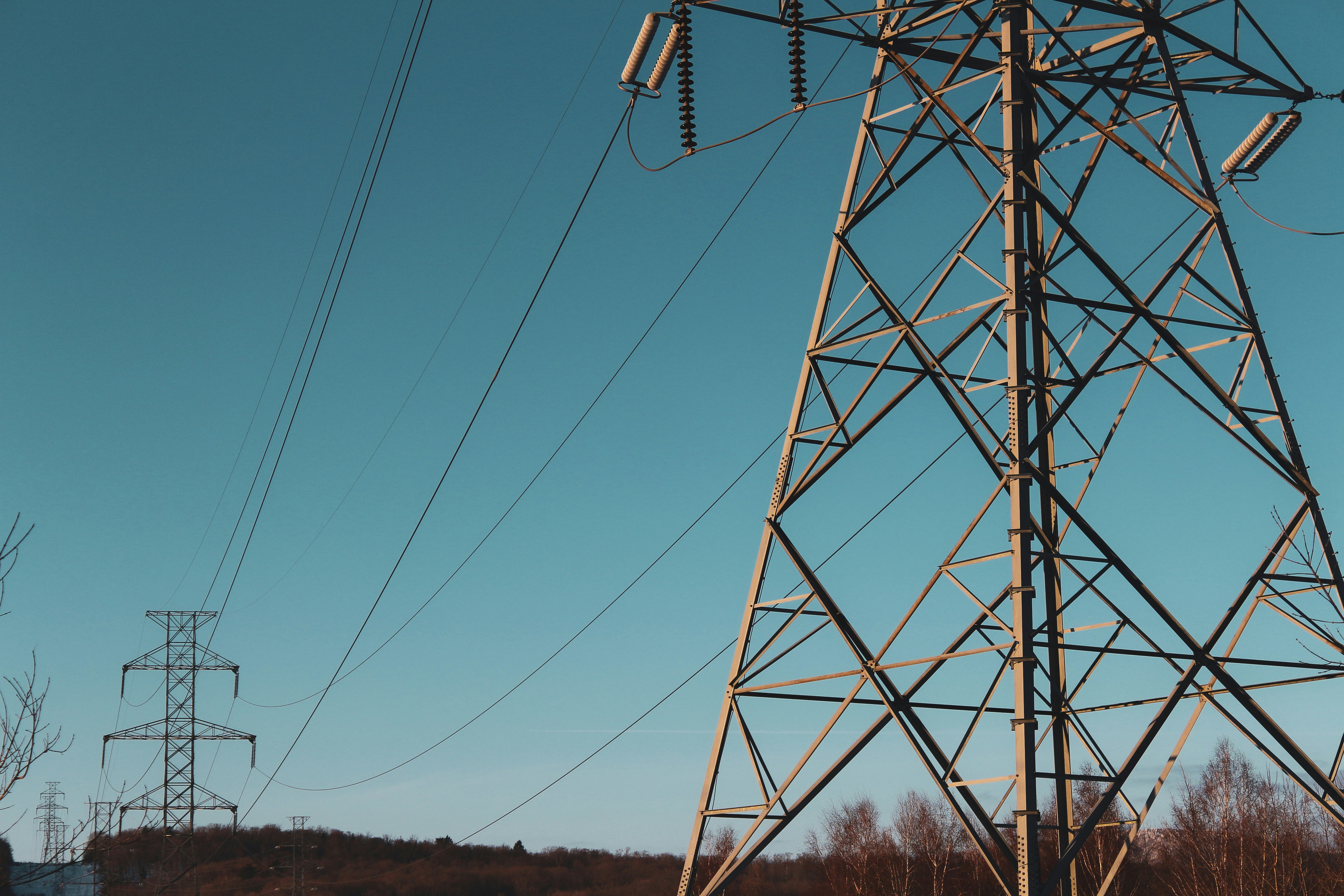Zonal Pricing: The Next Frontier for UK Energy Policy

Ed Miliband has a bold vision: a clean energy superpower by 2030. Zero-carbon electricity. Growth. Lower living costs. An end to reliance on power imports. Ambitious, right? But lurking beneath this grand plan is a complex and contentious idea: zonal pricing. Imagine splitting the UK's electricity market into different zones, each with its own price reflecting local needs. The aim? To spark investment where it's needed most, especially in renewable energy infrastructure.
Right now, it's one price for everyone, from Cornwall to the top of Scotland. Simple. But is it smart? The value of electricity isn't uniform. Think of London's insatiable demand, or the humming factories of the Midlands – they'd likely pay a premium. Then consider the quieter corners, like the Scottish Highlands or Welsh Valleys. Less demand, less immediate value.
Zonal pricing advocates see a clear benefit. Renewable developers would have a reason to build where the power is actually needed. Less strain on the grid. Fewer long-distance power transfers. Sounds logical. It could even help us hit those crucial net-zero targets. Right now, all that green energy in the north sometimes can't reach the energy-hungry central regions. Result? We fire up the gas plants. Zonal pricing, the thinking goes, could shift energy-intensive industries to areas with cheaper, greener power. Levelling up as the previous government called it. Plus, higher prices in some areas could finally make demand response schemes take off, reducing our gas dependence.
Back in March 2024, the previous administration even launched another consultation on zonal pricing. And get this: a 2023 study commissioned by Ofgem suggested zonal pricing could unlock a whopping £15 billion in socio-economic benefits by 2040. Big numbers.
But hold on. There's a flip side. Volatility. That's the worry flagged by Brevia Consulting. Different zones, different prices, potentially swinging wildly. This could make funding renewable projects riskier, pushing up costs. And what about vulnerable consumers in those high-price zones? Energy poverty could worsen.
Perhaps the biggest headache? Uncertainty. Claire Dykta from the National Energy System Operator (NESO) suggested a five-year implementation timeframe to the Energy Security & Net Zero Committee. Five years of figuring things out. Five years of new rules. For energy investors, that's a long time to wait. The temptation? Look elsewhere. Markets with clearer rules. So, while zonal pricing could be great in the long run, the road to get there might just stall the very investment Miliband desperately needs.
"Bruising debate" is how The Guardian described it. And they're not wrong. Modernizers see a rational new market emerging. Others fear it could derail our low-carbon ambitions.
Octopus Energy, for one, is firmly in the modernizer camp. They argue that the single national price often misleads low-carbon, flexible power sources. These assets, they say, end up doing the wrong thing about 30% of the time, actually worsening grid issues. Fix this, they urge, and we'll see cost and carbon savings.
RenewableUK sees a different picture. They believe the risks of such a radical overhaul far outweigh any potential gains. Price volatility would soar, making projects riskier and more expensive to finance. And that lengthy implementation? It could freeze investment in its tracks.
Ultimately, SSE’s Martin Pibworth cuts to the chase: "It’s time to move on from the zonal pricing debate." His point? Building the grid while simultaneously planning to tear apart the market just doesn't add up.
At Big Energy Group, we get both sides. We're not taking a stance on one market or many. But we have a message for Ed Miliband: investors hate uncertainty. Zonal pricing could bring doubts about the future. But right now? There's uncertainty about that uncertainty. Will it even happen? Miliband's best move? Just make a call.
It doesn't have to be the final answer, but investors need to know if this zonal shift is on the horizon during this government. Tough decision, sure. But just making it? That might be the biggest relief the energy sector could ask for.
About Big Energy Group
Big Energy Group is a privately held, British-owned energy brokerage with an established track record of helping clients successfully navigate the energy market. The company has offices in Harrogate and the Tees Valley and serves more than 400 businesses across the UK. For more information, please visit bigenergygroup.co.uk.



.jpg)